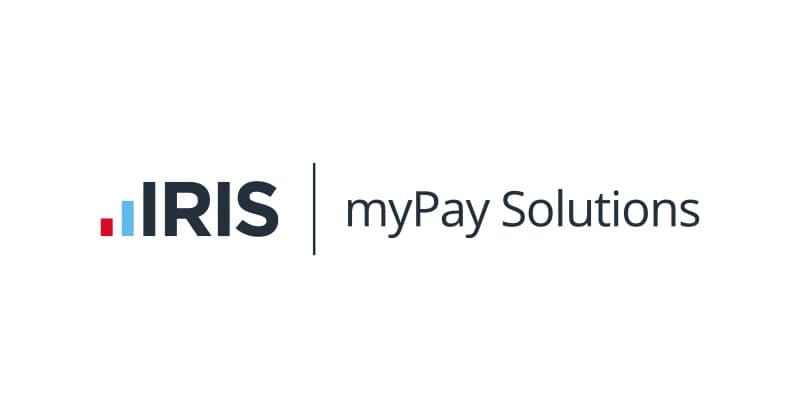COVID-19 Relief: FFCRA/CARES Act Highlights
Updated 13th January 2025 | 3 min read Published 8th June 2020

In response to the Coronavirus crisis, the federal government passed the largest stimulus package in U.S. history. Designed to help ease the economic impact on individuals and businesses, the Families First Coronavirus Response Act (FFCRA) and subsequent Coronavirus Aid, Relief, and Economic Security Act (CARES) both contain provisions aimed at providing eligible businesses with tax credits, deferrals, and access to federal loans which encourage them to retain employees, continue paying wages, and assist them during the pandemic.
Here are some highlights of the payroll related wage and tax benefits provided by these acts that will help you determine if your business is taking full advantage of the available relief.
Paycheck Protection Program
Under the CARES Act, eligible businesses were given access to loans of up to 2.5x their average monthly payroll costs through the Paycheck Protection Program (PPP). The first round of funding for the PPP was tapped quickly, with companies in the construction industry securing the largest portion of the available $349 billion. The high demand led to the program receiving approval for an additional $310 billion in funds. Based on how a company spends their PPP loan money, the loan may be forgiven. In order to qualify for loan forgiveness, recipients must maintain specific employee numbers and payroll amounts as per the requirements laid out by the Small Business Administration. More information is available on the SBA website.
Deferral of Employer Social Security Taxes
Another key component of the CARES Act allows eligible businesses the option to defer paying their company paid portion of social security taxes incurred during the period of March 27, 2020 – December 31, 2020. Businesses who take the deferral, will need to pay 50% of the total balance due by December 31, 2021, and the remaining 50% to fulfill the balance due by December 31, 2022.
Employee Retention Credit
The CARES Act also includes a portion known as the Employee Retention Credit. The Employee Retention credit was designed to encourage eligible businesses to keep employees on their payroll and allows for a fully refundable tax credit against the employer’s share of social security taxes and other liabilities on their quarterly 941. This credit is equal to 50% of qualified wages paid between March 13, 2020 and December 31, 2020. The maximum amount of qualified wages taken into account for each employee is $10,000.00 annually, which makes the maximum credit amount $5,000.00 ($10,000.00 x 50%) per employee.
Emergency Paid Sick Leave and Expanded Family & Medical Leave
As part of the FFCRA, access to Family and Medical Leave was expanded and the Emergency Paid Sick Leave Act was put into place to provide additional paid leave to employees forced to take time off due to the Coronavirus. Eligible businesses will receive a dollar-for-dollar tax credit that fully reimburses them (up to set plan limits) for the cost of providing this Coronavirus-related leave to their employees. Eligible Employers can claim the credits on their federal employment tax returns (e.g., Form 941, Employer's Quarterly Federal Tax Return), but they can benefit more quickly from the credits by reducing their federal employment tax deposits.
Form 7200
In conjunction with the two Acts, the IRS has released a Form for employers to request advance payments for the qualified sick and family leave credits under the FFCRA and for the employee retention credits under the CARES Act. Form 7200 can be used when businesses cannot reduce their employment tax deposits to fully offset the eligible credit amounts.
* IMPORTANT * It is imperative that you notify your payroll specialist if you plan to submit Form 7200 for an expedited credit.
As the situation surrounding the Coronavirus and its implications on payroll continues to evolve, your myPay Solutions team is here to support you. Please visit our online COVID-19 Payroll Site for the latest developments and updates. Please contact your payroll specialist with your specific questions or concerns.




